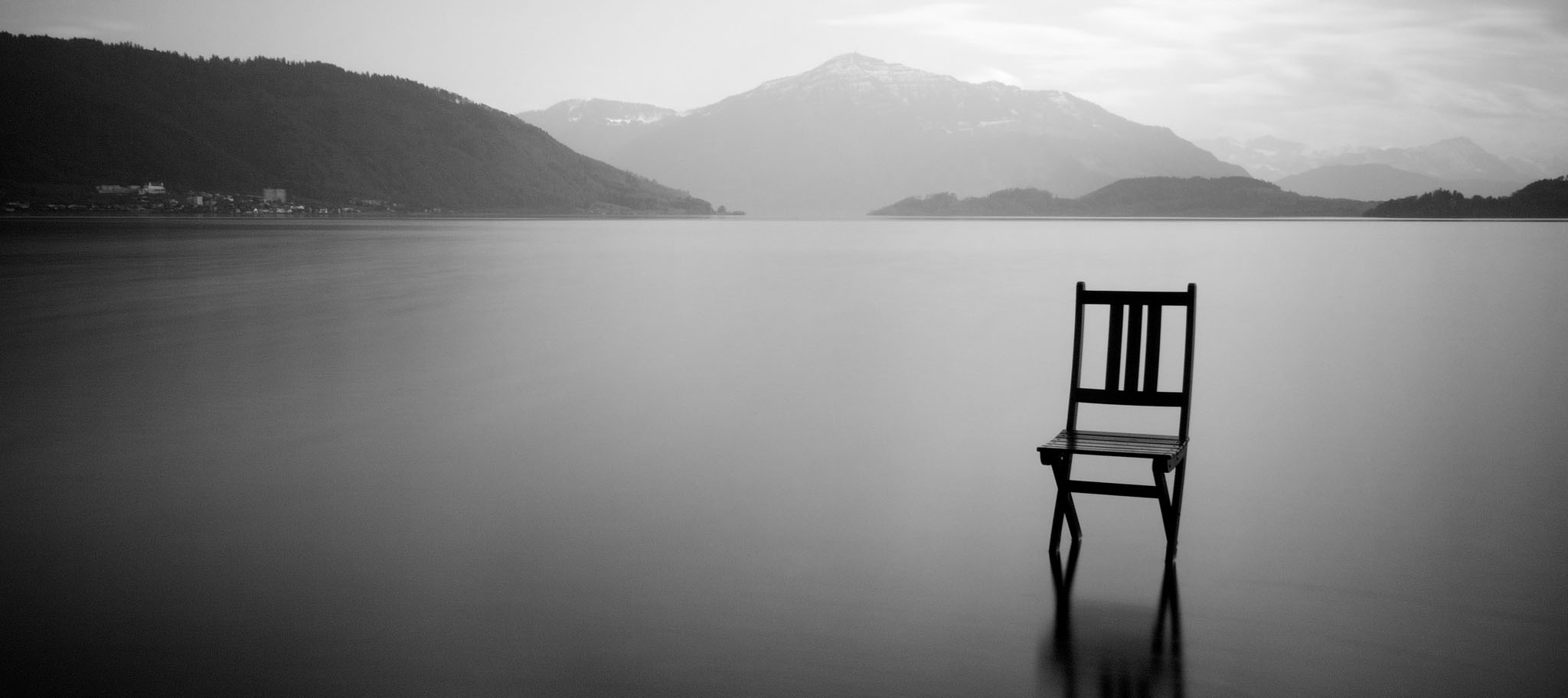
Plague Journal, 静
I know that it is unlikely that you speak/read Japanese. I once spoke a little, and what remains are pieces of a once useful skill, breaking the surface of my consciousness, evoked by context. “Shizuka” pronounced the way it appears, means quiet-silence. I once saw a solitary male folk singer in a below street level Tokyo coffee house holding forth with his acoustic guitar. He played as if his life depended upon his short time under the stage light, voice resilient on the edge of a scream articulating this word, “silence,” over and over. I do not remember anything else about the song, nothing from the verses. That is as it should be. A human voice, stringed instrument in hand, speaking the last word to be said about life/experience, harkens to Greek story tellers performing the song of The Trojan War, composed by Homer.
We all know how the Iliad, and the Odyssey end. The Achaeans prevail over Troy and Helen is returned to Menelaus. Was all of the death, the years away from home, the sacking of a city worth it? Hardly. In the end silence prevailed over the beaches where the Greeks had beached their fleet of triremes. And Odysseus, — sure he made it home, but everything has changed. He is aged, and his wife is besieged by suitors, more blood is to be spilled.
After all has been said, every life ends, and silence/quiet prevails, — just as it did before we arrived. Nothing endures except the emptiness/the silence, a matrix from which all else derives.
Why offer this song? The lyric emphasizes the inclination of the human spirit to be oriented forward, into the future. What are your expectations, your hopes? I do not know who Eli will be revealed to be and neither do you. But is there not the possibility that something good can/will be made of future circumstances as they are presented, the hazard notwithstanding?
Eli’s Coming by Laura Nyro.
The backstory to the song:
Laura Nyro’s powerful rendition, found on her 1968 album, Eli and the Thirteenth Confession, suggests the singer was one of Eli’s conquests and she pleads with her friend, or herself, not to make the same mistake. She begins with a quiet warning that builds into an explosion of aggressive multi-tracked harmonies and lush orchestration, as if she’s screaming at her friend to listen, before settling back into repose. Laura Nyro (October 18, 1947 – April 8, 1997)
2 thoughts on “Plague Journal, 静”
The experience of complete silence is next to impossible. Calm perhaps, or even a pseudo-silence while strolling through a meadow, but even then the wind plays across the grass as insects buzz and birds sing their songs. Once we have passed from life, silence is still not to be experienced, for our auditory faculties have also been dispensed. From the moment of conception to the last beat of our heart, sound is like bath water, surrounding us with a constant hum of life, touching us and informing us. Even in a sensory deprivation tank, we hear the sound of our own heart, beating with a blood circulating pulse.
And yet sound is always relative. The mix of noise that we endure each day can certainly be overwhelming. Seeking that calm I mentioned above, we find our own definition of silence, or at least a relative version of less noise. So I offer a passage from a piece of writing:
“Walking into the woods, the sounds of nature remain muffled by the white noise of life still ringing in my ears. As the cacophony of humanity begins to ebb I hear the first crunch of my own footsteps along the bark-lined path. Then the sing-song notes of the chickadee emerge along with the unmistakable scuffling of grey squirrels racing up the trunks of old gnarled oaks.
“Finally, as the static of civilization drains away, I can hear the rustle of the leaves as an afternoon breeze brushes past and through me. Only then do I take a deep breath and allow my exhaled sigh to be mixed with the notes of the Forest’s own song.”
From the white noise of life to the static of civilization… What we desire is to pay attention, so that we may respond with an exhalation of “yes.”